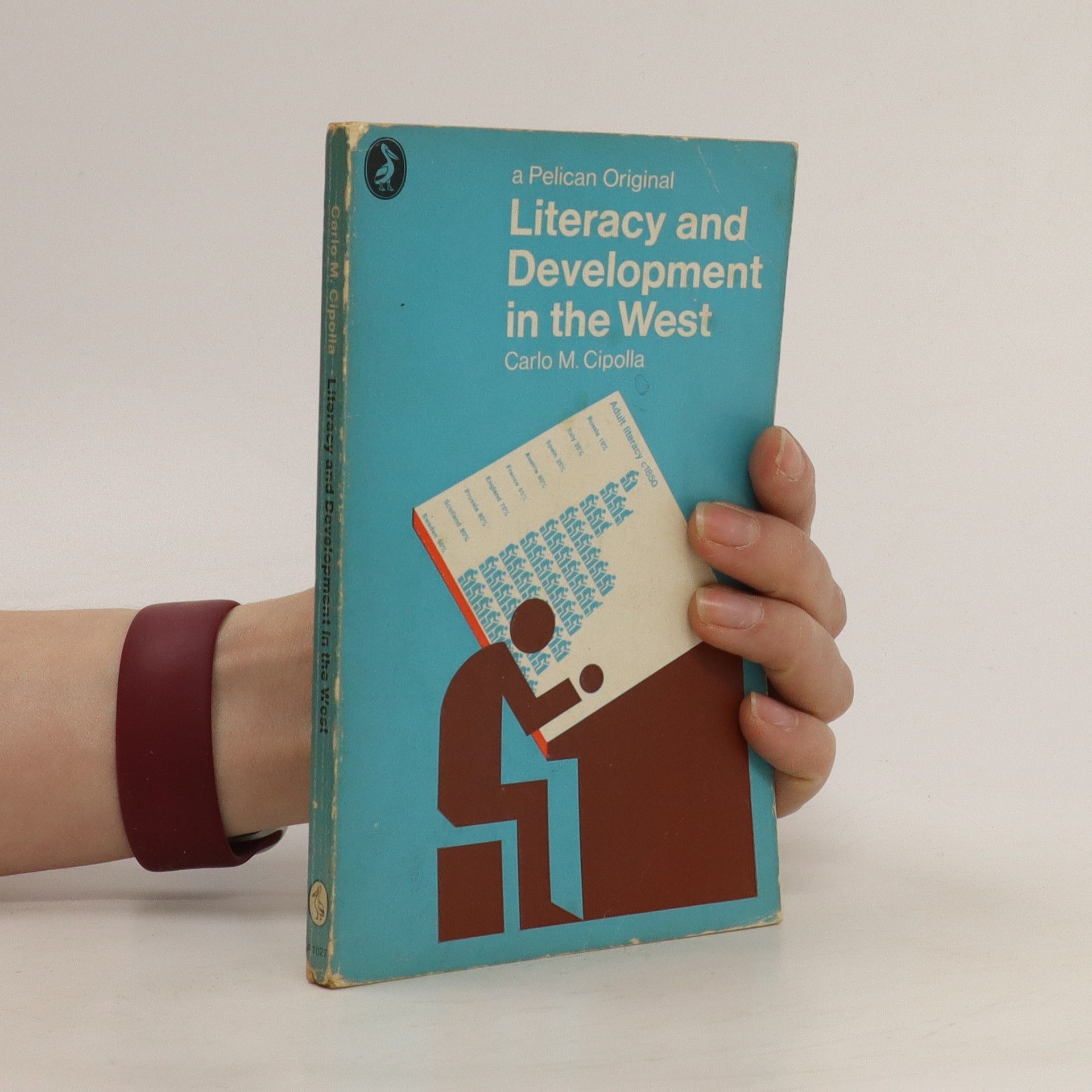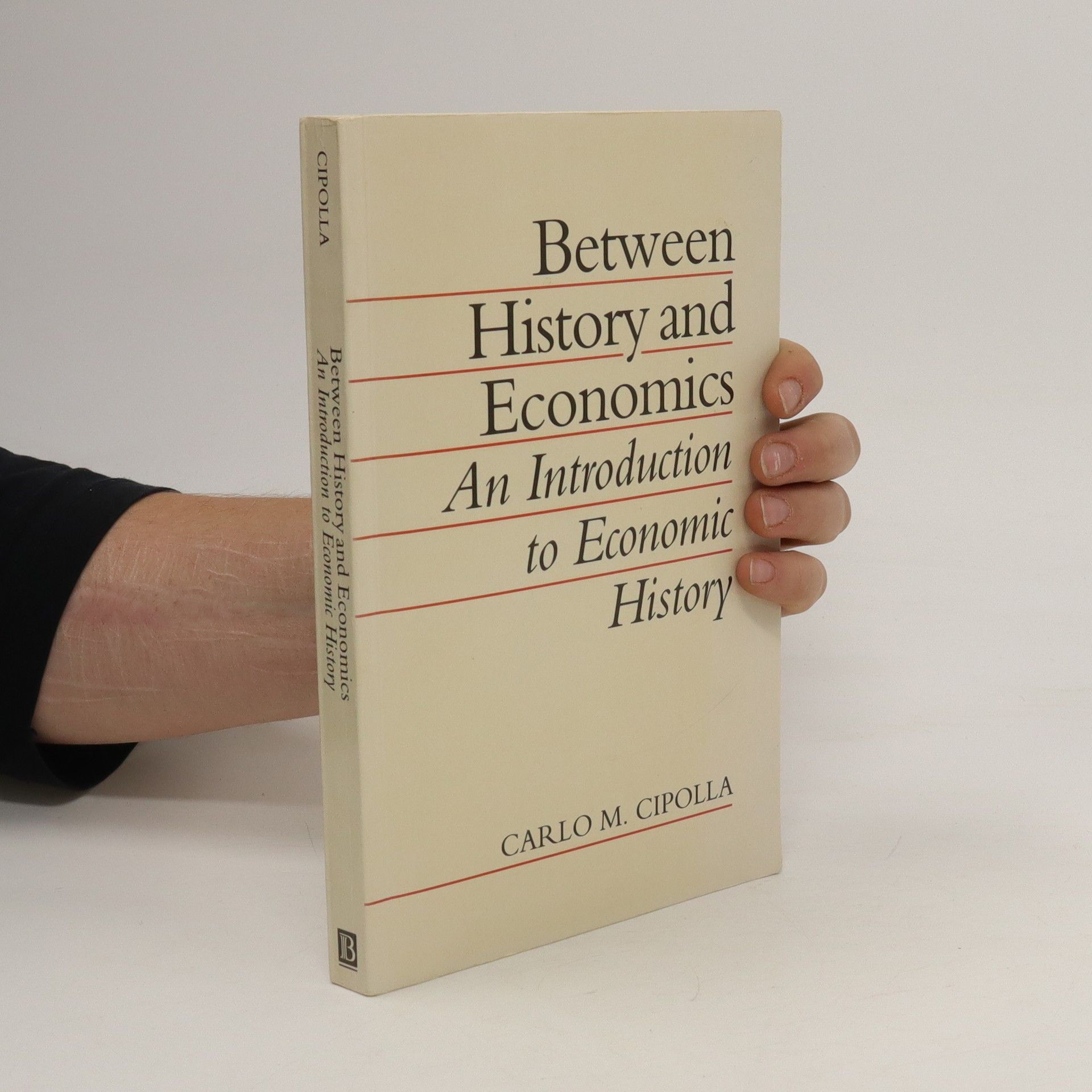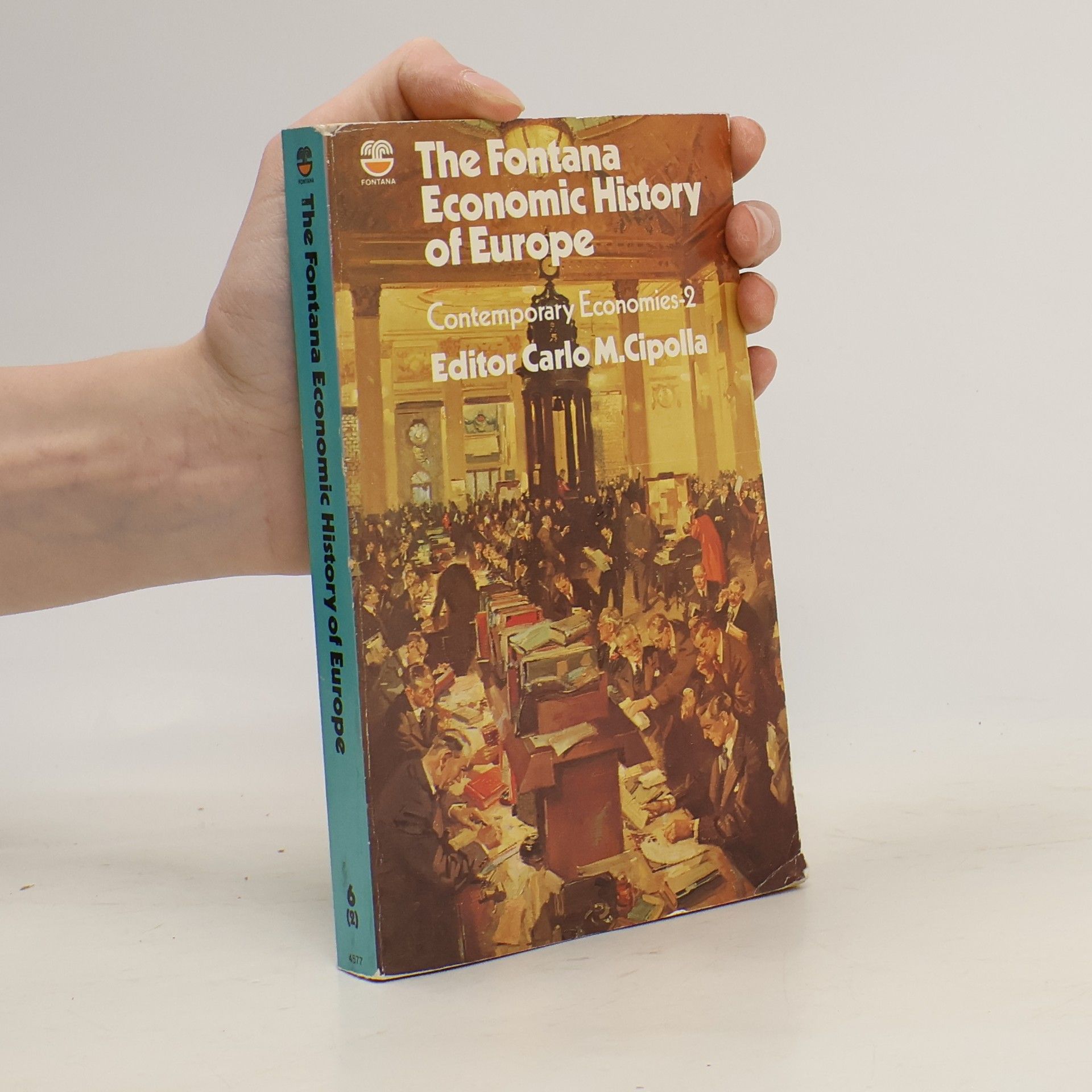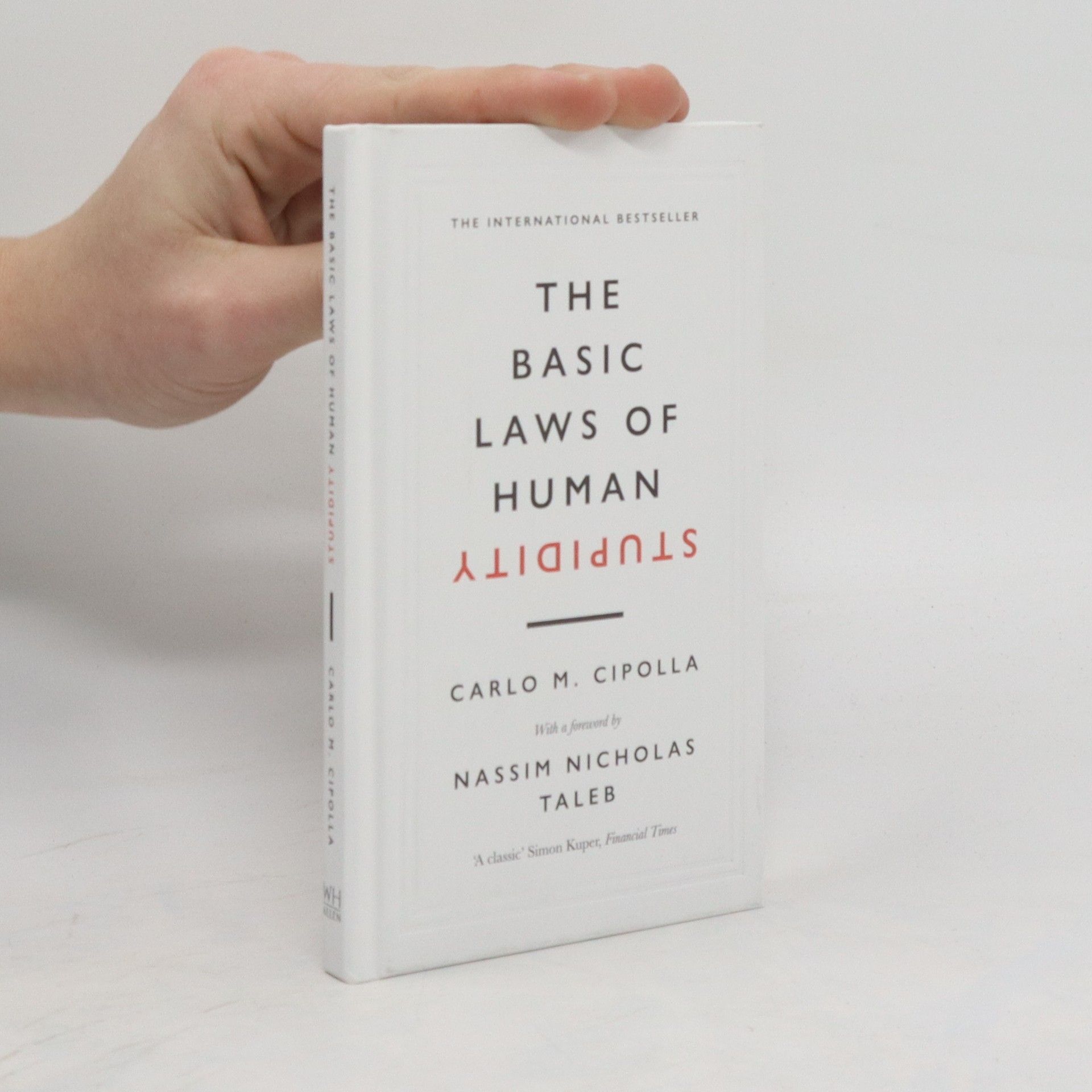The Fontata Economic History of Europe
The Emergence of Industrial Societies 1
- 368bladzijden
- 13 uur lezen
Carlo M. Cipolla was een Italiaanse economische historicus die zich wijdde aan het ontdekken van de fundamentele krachten die de menselijke beschaving vormgeven. Zijn werk wordt gekenmerkt door een buitengewone breedte, variërend van middeleeuwse financiën tot de geschiedenis van ziekten, en door een scherp inzicht in hoe economische factoren samenlevingen hebben gevormd. Cipolla werd beroemd om zijn vloeiende en boeiende vertelstijl, waarmee hij zelfs complexe historische concepten toegankelijk maakte voor een breed publiek. Zijn essays en boeken bieden een uniek perspectief op hoe de mensheid zich heeft ontwikkeld en aangepast aan de uitdagingen van het economische leven.







The Emergence of Industrial Societies 1
The perfect gift to get you through the work Christmas party, family board game blow ups and dinner with the in-laws. 'A classic' - Simon Kuper, Financial Times 'This is brilliant' - James O'Brien, author of How to be Right The five laws that confirm our worst fears: stupid people can and do rule the world. Since time immemorial, a powerful dark force has hindered the growth of human welfare and happiness. It is more powerful than the Mafia or the military. It has global catastrophic effects and can be found anywhere from the world's most powerful boardrooms to your local pub. This is the immensely powerful force of human stupidity. Seeing the shambolic state of human affairs, and sensing the dark force at work behind it, Carlo M. Cipolla, the late, noted professor of economic history at the University of California, Berkeley, created a vitally important economic model that would allow us to detect, know and neutralise this threat: The Basic Laws of Human Stupidity. If you've ever found yourself despairing at the ubiquity of stupidity among even the most 'intellectual' of people, then this hilarious, timely and slightly alarming little book is for you. Arm yourself in the face of baffling political realities, unreasonable colleagues or the unbridled misery of Christmas day with the in-laws with the first and only economic model for stupidity.
From back cover: 'This book presents a global view of the demographic and economic development of mankind. Professor Cipolla has deliberately adopted a new point of view and has tried to trace the history of the great trends in population and wealth which have affected mankind as a while. For it would have been inadequate to regard such a global history as being merely the sum total of national economic histories in abridged form. Among the massive problems that face the human race the author emphasizes the demographic explosion, the economic backwardness of vast areas, the spread of industrial revolution and of technical knowledge,. Whilst hte theoretical approach can help our analysis of these problems, Professor Cipolla believes that they can only wholly grasped and solved when they are studied in their full historical perspective.
This book examines the methodological problems that have arisen from the clash of these two cultures, and aims to provide an account of the nature and substance of economic history.
Literacy and Development in the West( Pelican Original)
In this volume, Carlo M. Cipolla throws new light on the subject, utilizing newly uncovered and significant archival material.